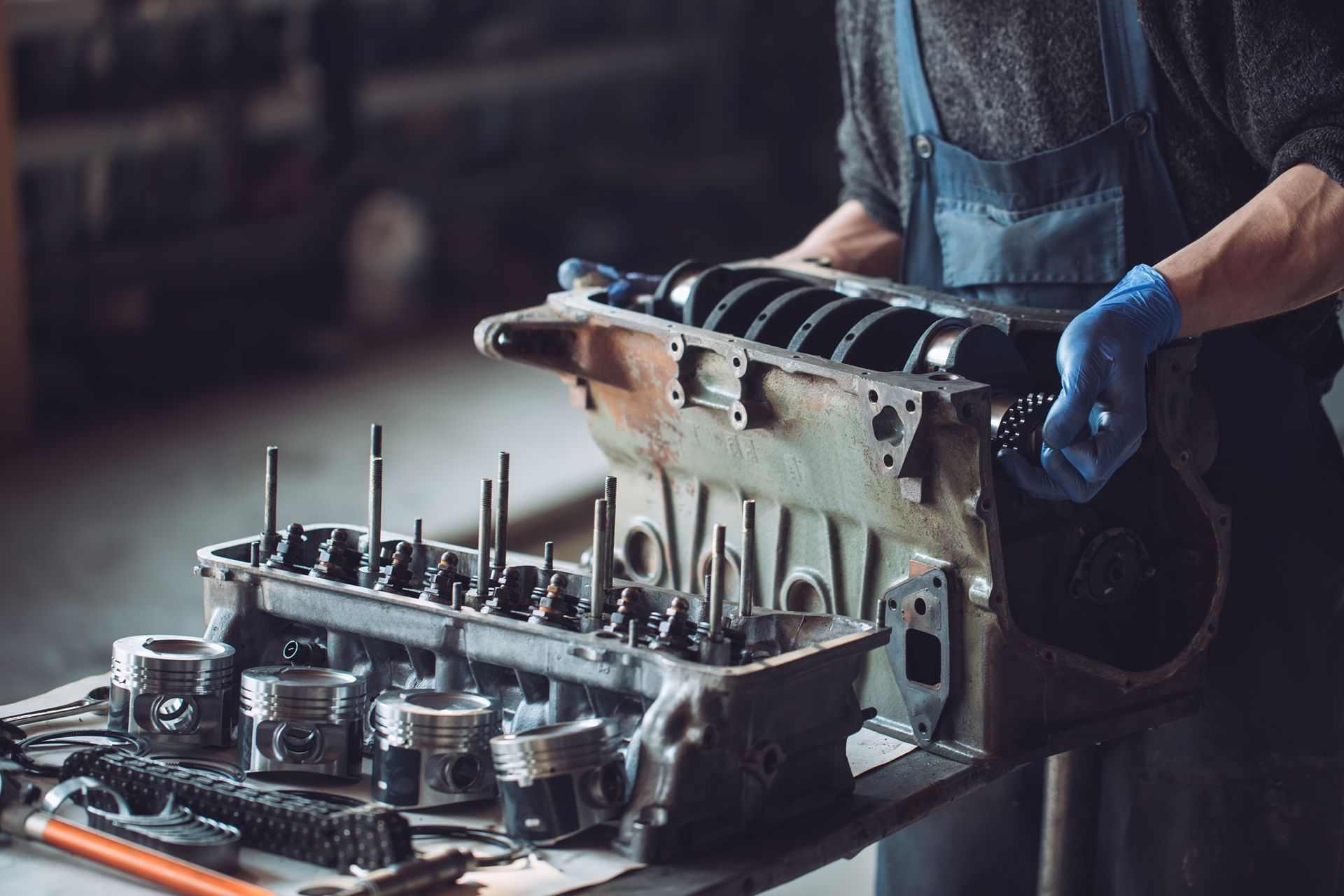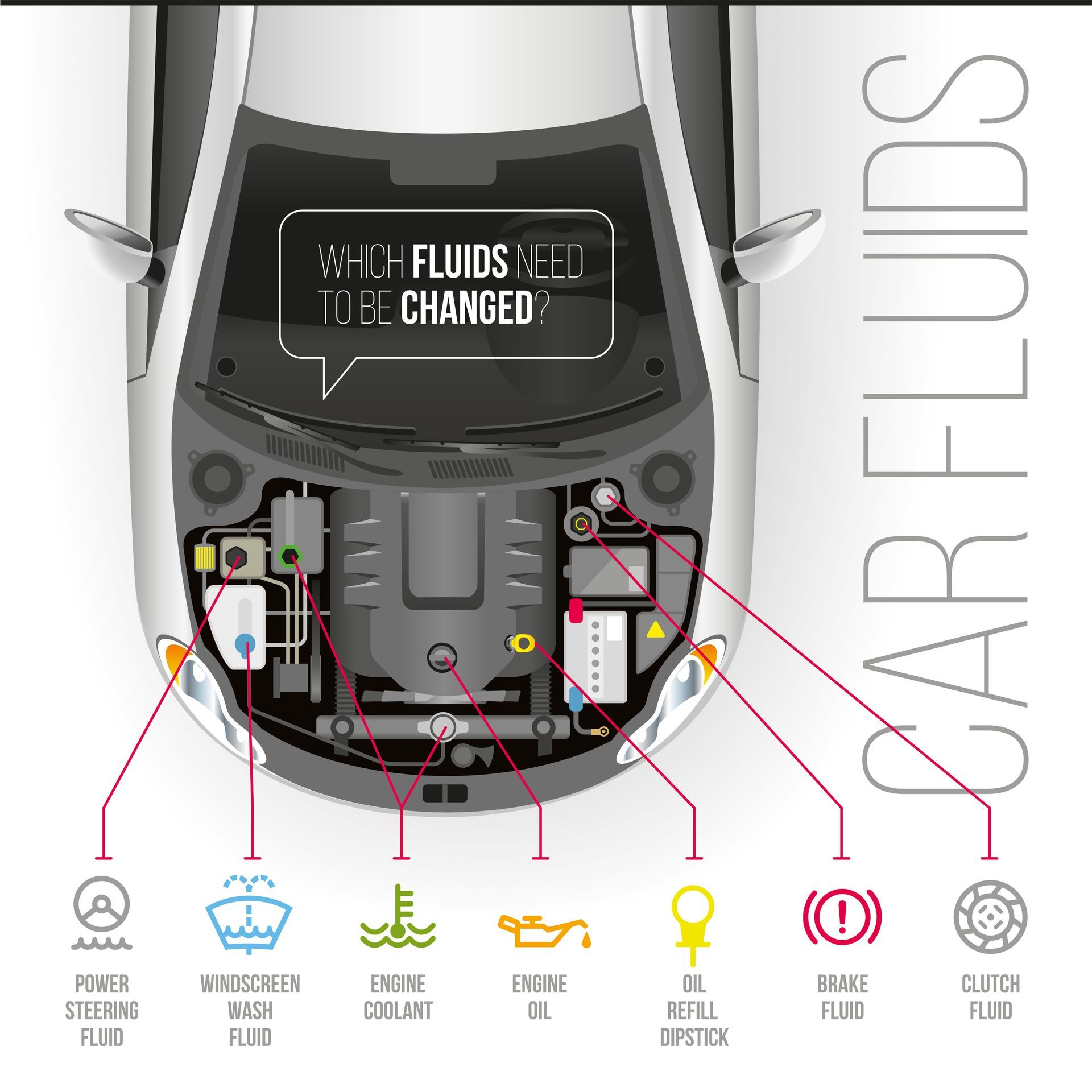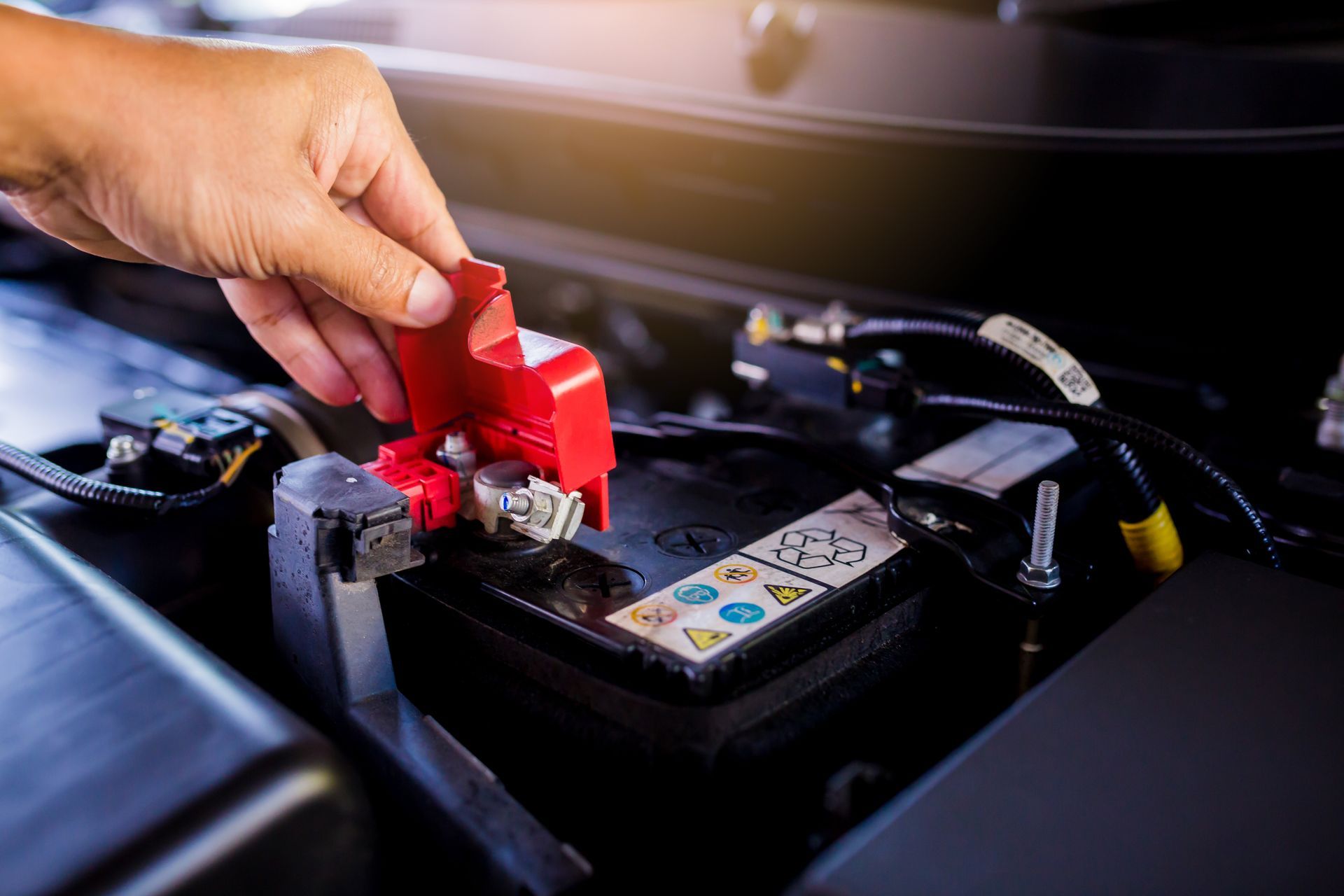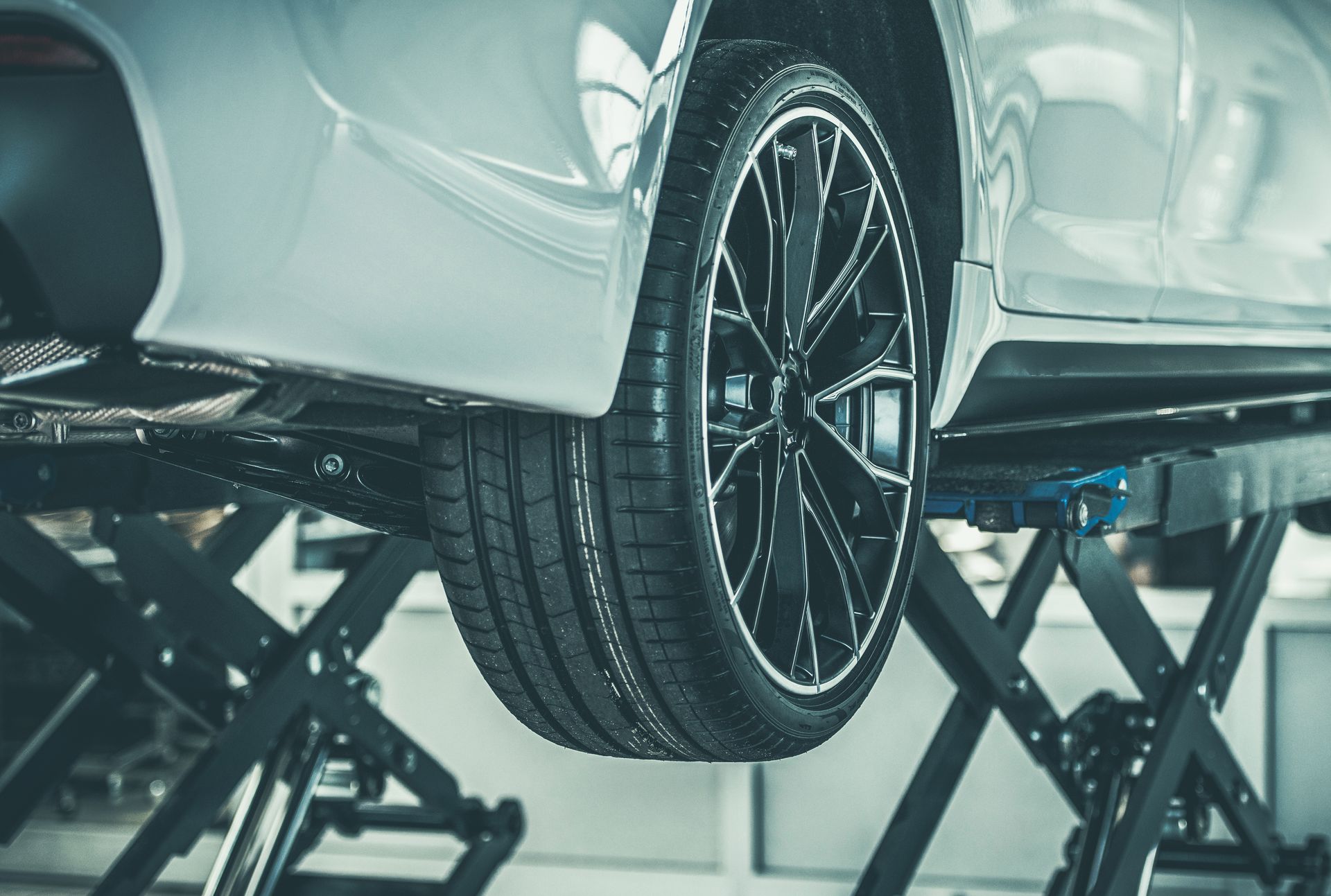Hearing a high-pitched whine when reversing? It’s one of those noises that makes you stop and wonder if something’s up with your car. Maybe it just started recently, or maybe it’s been getting louder over time. Either way, it’s not a sound to ignore. While it doesn't always point to a major issue, it’s often a sign that something needs attention. So, what’s behind that whining noise when you back up—and when should you be concerned?
Transmission Trouble in Reverse
The most common source of whining when reversing is the transmission. In many vehicles, reverse gear operates differently from forward gears. It may engage a different set of clutches, bands, or gear teeth, and the sound you hear could be the result of something not meshing properly.
If the transmission fluid is low, old, or contaminated, it can create friction or delay in gear engagement—especially in reverse. That whining noise is often the transmission pump working harder than it should, trying to maintain hydraulic pressure.
This is especially noticeable in automatic transmissions. If the noise is paired with hesitation, slipping, or jerky movement when you reverse, it’s time to get it checked.
Differential or Transfer Case Noise
On rear-wheel-drive vehicles, the whining could also be coming from the differential—especially if it only happens when the car is in motion and not when idling in reverse. Worn-out differential fluid or damaged gears inside the housing can produce a consistent, rising-pitch sound as the wheels rotate.
All-wheel drive or 4WD vehicles may also experience similar noise from the transfer case, particularly when backing up under load, like on an incline or with a trailer attached.
Power Steering System Complaints
Believe it or not, your power steering system might also be the culprit. If you’re turning the wheel while reversing and hear the whining primarily during that motion, it could be your power steering pump struggling. Low fluid, air in the system, or a worn-out pump can create a classic whining sound when under pressure.
You’ll usually hear this noise when the steering wheel is turned sharply, either left or right. If it happens in both forward and reverse under turning conditions, this could be your issue.
Brake or Wheel Bearing Issues
If the noise only happens while the car is moving backward and not when idling in reverse, it’s possible the sound is coming from the wheels or brakes. A dry wheel bearing, dragging brake pad, or rust buildup on the rotors can produce a squealing or whining sound—especially when driving slowly in reverse.
The pitch may change based on how fast you’re going or how much pressure is on the brakes. If it sounds like a rhythmic whine or changes with speed, this is a strong possibility.
Could It Just Be Normal Gear Noise
Some vehicles—particularly those with manual transmissions or older drivetrains—do produce a slight whining noise in reverse under normal conditions. Reverse gear teeth are straight-cut rather than helical (angled), which makes them stronger but louder.
If you’ve always heard a faint whine in reverse and nothing else feels off, it might simply be how your vehicle was built. But if the sound is new, getting worse, or accompanied by any other symptoms, it’s worth having a professional take a look.
All Pro Automotive – Trusted Transmission Diagnostics in Henderson, TX
Unsure what’s causing that whining sound when you reverse? Let
All Pro Automotive in Henderson, TX, inspect your transmission, steering, brakes, and drivetrain to get to the bottom of it. We’ll give you honest answers and make sure your car is safe and quiet again.








